It's understandable, because the name of a place or place is associated with so many emotions, knowledge, and traditions of many generations of people in a certain locality.
Just put yourself in the situation where a beloved local name suddenly no longer exists, is no longer called, it will be easy to sympathize. Two localities merge into one, there will inevitably arise a request to identify the merged locality, what name to use, take one name and leave the other, or combine two names together, like the case of the two communes Quynh Doi and Quynh Hau in Nghe An province, taking Quynh Doi or Quynh Hau, or mechanically combining them as "Doi Hau". It is indeed very headache-inducing and inevitably causes debate.
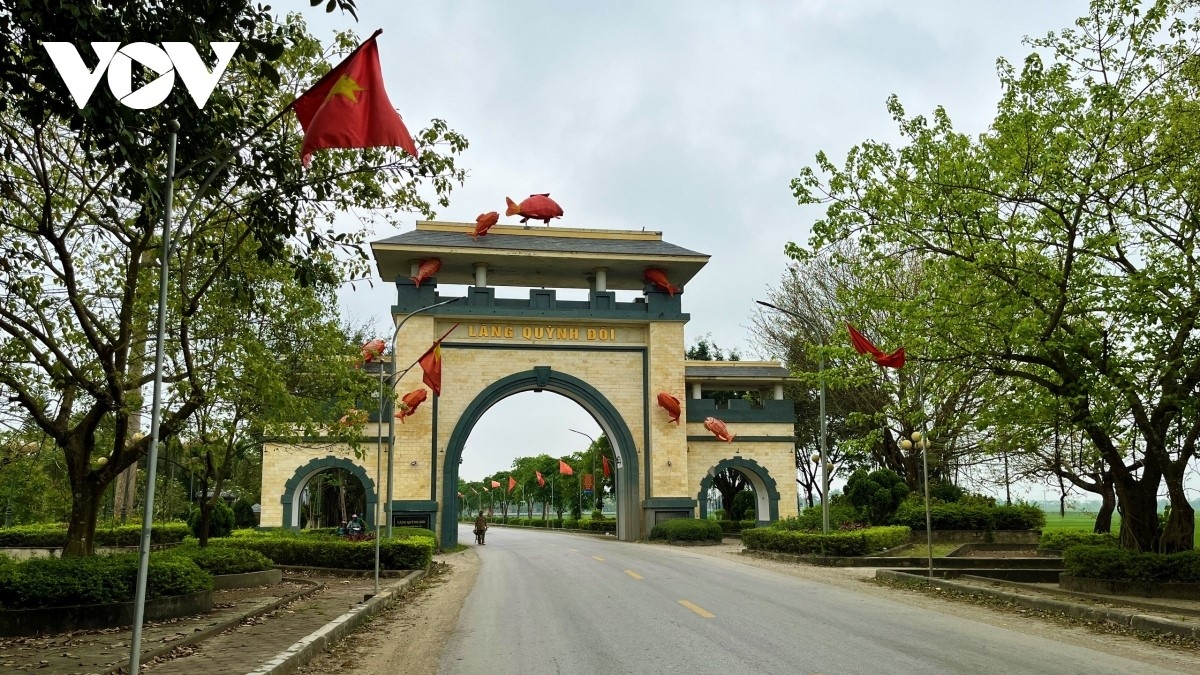
First of all, it is affirmed that planning administrative units and naming administrative units have always been under the authority of the administrator. Unlike popular toponyms/folk names that are self-given by the public, these are official toponyms, which must be decided by the state, and there is only one name for an administrative entity.
In feudal times, the name of an administrative unit was determined (embedded) by the feudal government, of course based on the calculations of Confucian intellectuals, using the selection method that people considered optimal. The science of toponymy in the world has the concept of naming-rights and in this case, people consider it to belong to the state power (power). But in a democratic system, people are also allowed to participate in giving opinions on that naming right, which is what we are promoting.
The problem is really difficult to think about when we have to choose a suitable place name for a new administrative unit. Because objectively, the problem itself is not simple. And also because subjectively, the science of place names in our country is still in its infancy, basically not connected with the world, as some researchers of place names and linguists have admitted. If the science of place names develops, it will be very helpful for the government and the people in determining the optimal choice of place names. For example, in the debate about the place names Quynh Doi and Quynh Hau mentioned above, there is no sign of any researcher of place names.
I suddenly remembered the opinion of Bahram Amirahmadian, Associate Professor of World Studies, University of Tehran (Iran), Head of the Historical Place Names Group, Iranian Committee for Standardization of Place Names (ICSGN), National Cartographic Center of Iran (NCC), at the 25th session of the United Nations Expert Group on Geographical Names (UNGEGN) held in Nairobi (Kenya) in 1997.
He believes that place names that existed in the past belong to history (different from newly created place names in contemporary times). He writes: “Geographical names (place names), especially for those who rely on historical background, are very important in the history and culture of any country… They belong to the history and civilization of that country. Therefore, people should preserve these place names as part of history and cultural heritage.” (a cultural heritage). Bahram even recommends not to intend to change place names without fully understanding their historical significance.
Of course, not all places are cultural heritages. The older the place, the more valuable it is because it is associated with many generations, many changes in life, many historical events. It would be very difficult to imagine what would happen if important places in the country suddenly disappeared. Once a place is identified as a cultural heritage, we must treat it as we treat other cultural heritages. Planning administrative units, as well as determining its place name, is a very important matter. I think that the authorities should hold seminars with the participation of many different scientific disciplines on this issue to help not only today but also in the future.
In the long term, it is also necessary to have the participation of place name researchers as consultants, appraisers and critics when there is a need for identification.
Source


![[Photo] General Secretary To Lam receives Philippine Ambassador Meynardo Los Banos Montealegre](https://vstatic.vietnam.vn/vietnam/resource/IMAGE/2025/4/24/6b6762efa7ce44f0b61126a695adf05d)
![[Photo] Liberation of Truong Sa archipelago - A strategic feat in liberating the South and unifying the country](https://vstatic.vietnam.vn/vietnam/resource/IMAGE/2025/4/25/d5d3f0607a6a4156807161f0f7f92362)
![[Photo] President Luong Cuong holds talks with Lao General Secretary and President Thongloun Sisoulith](https://vstatic.vietnam.vn/vietnam/resource/IMAGE/2025/4/24/98d46f3dbee14bb6bd15dbe2ad5a7338)

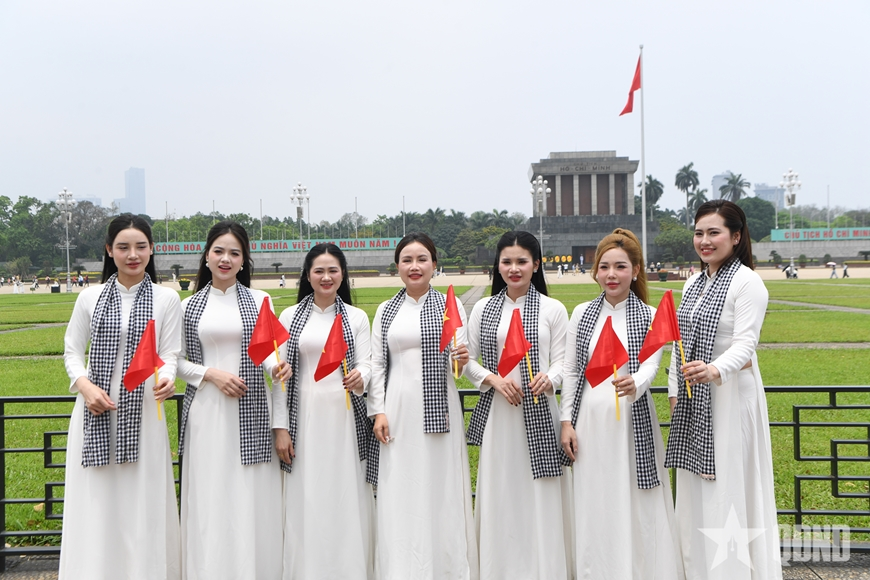
![[Photo] President Luong Cuong meets with Lao National Assembly Chairman Xaysomphone Phomvihane](https://vstatic.vietnam.vn/vietnam/resource/IMAGE/2025/4/25/dd9d8c5c3a1640adbc4022e2652c3401)


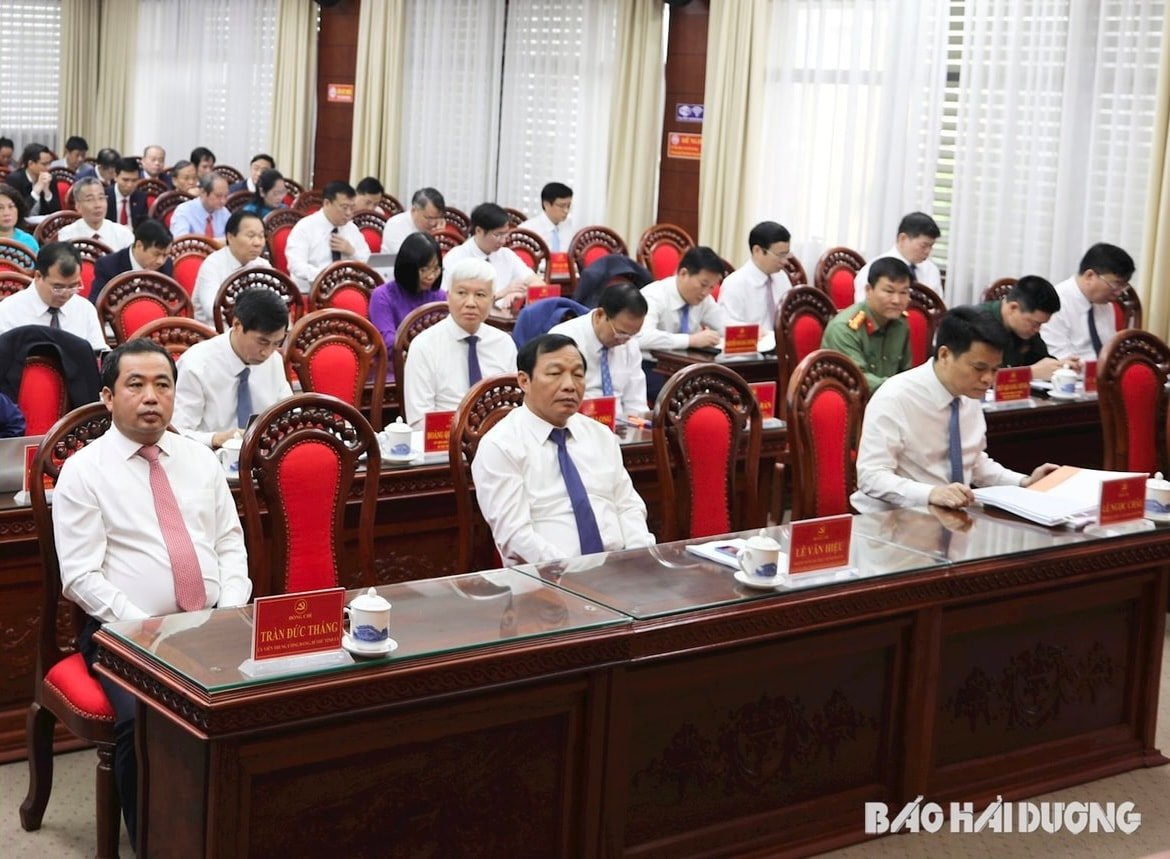



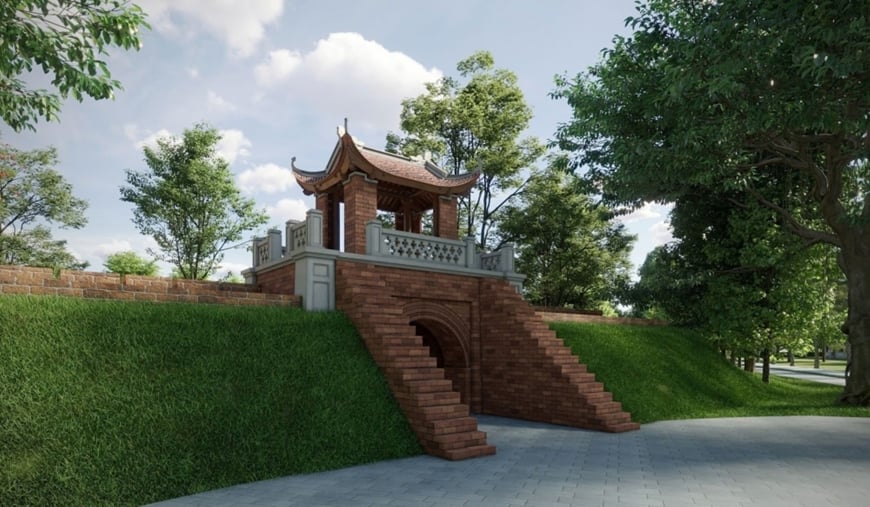









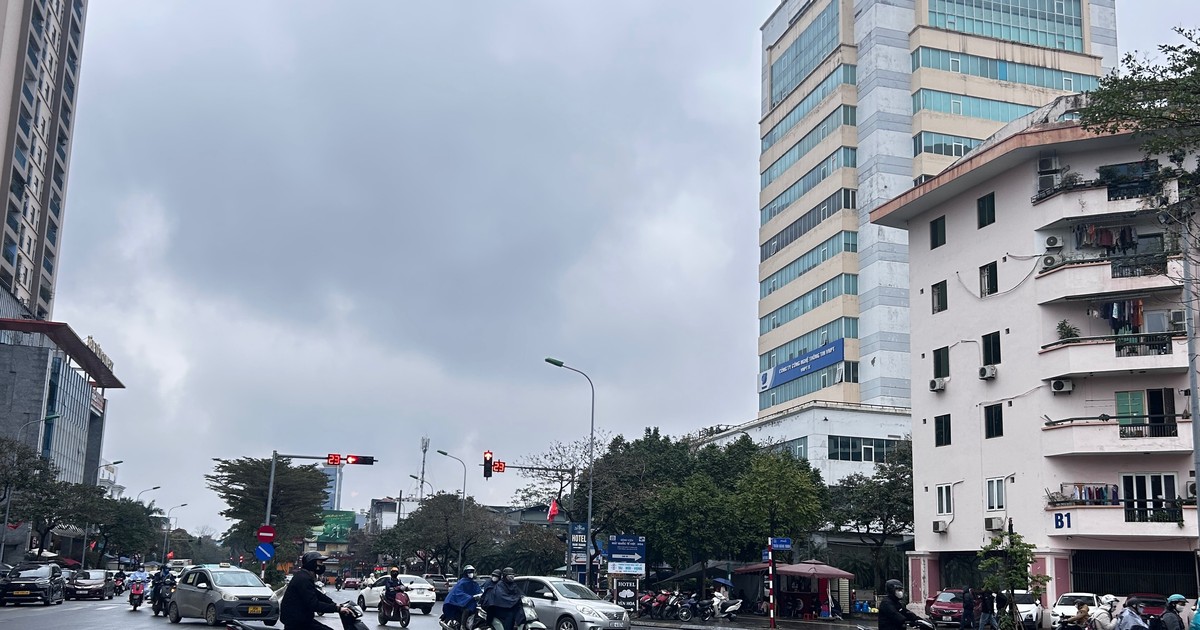









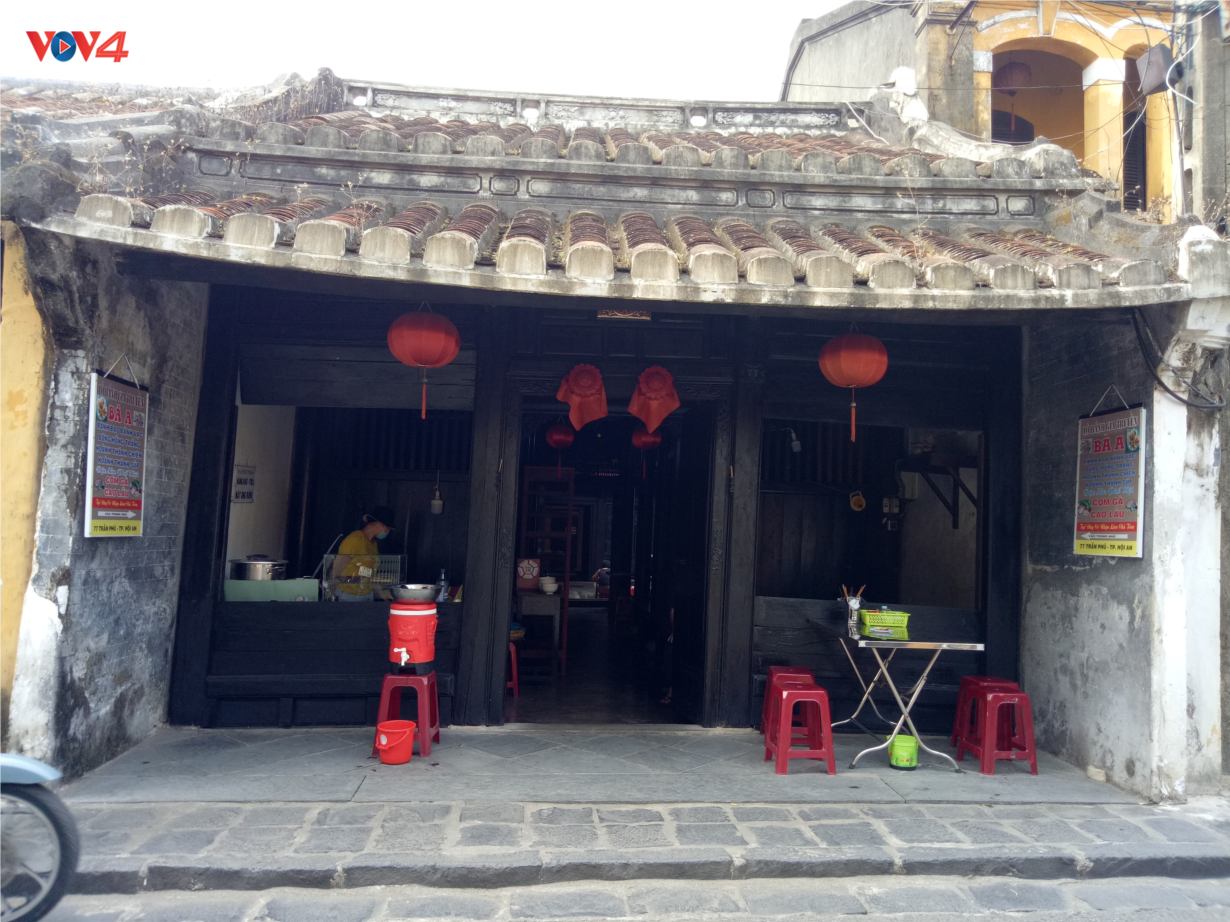







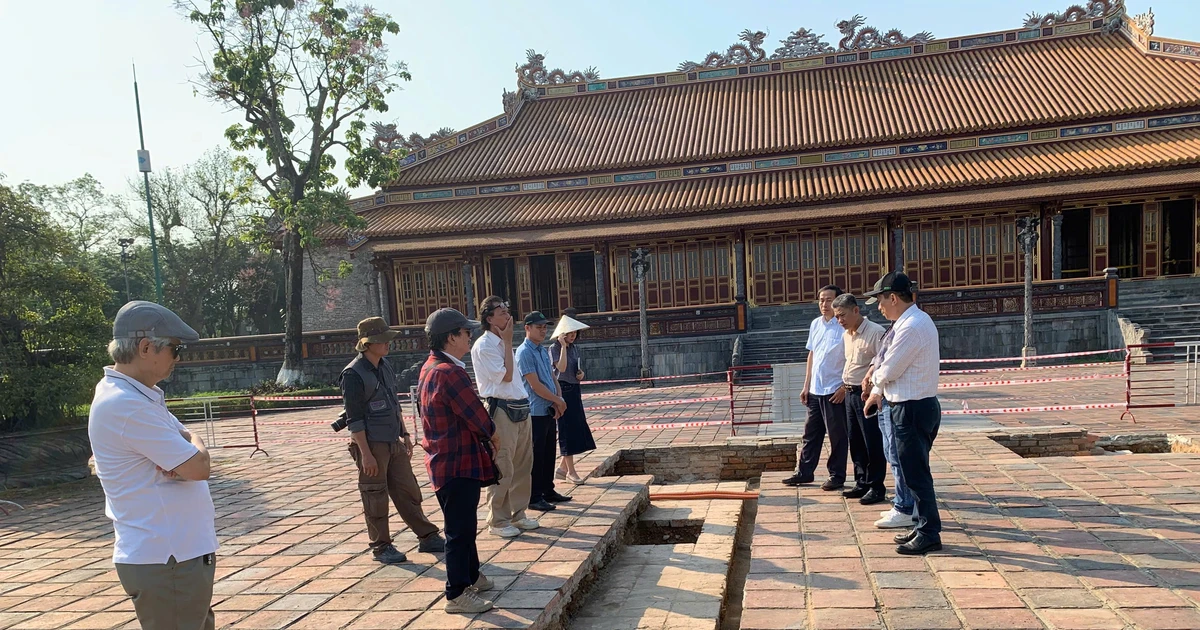

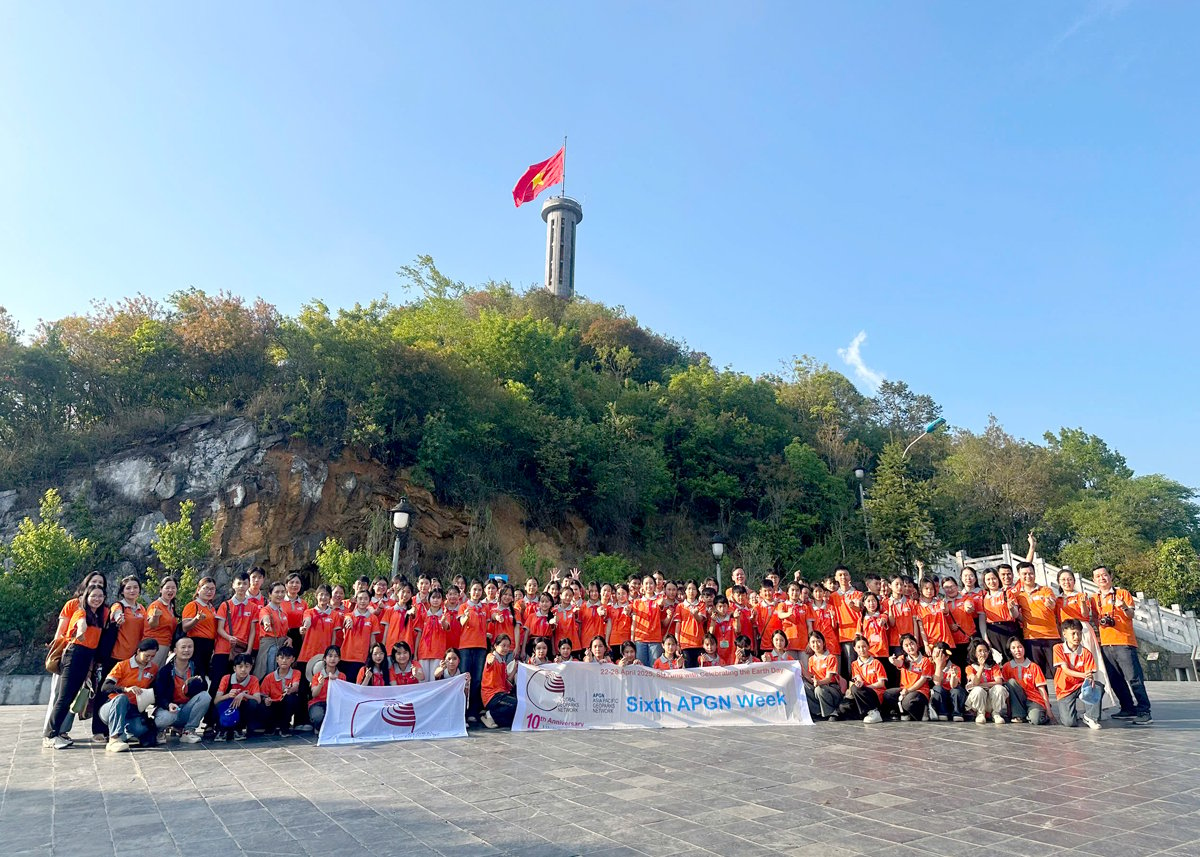
























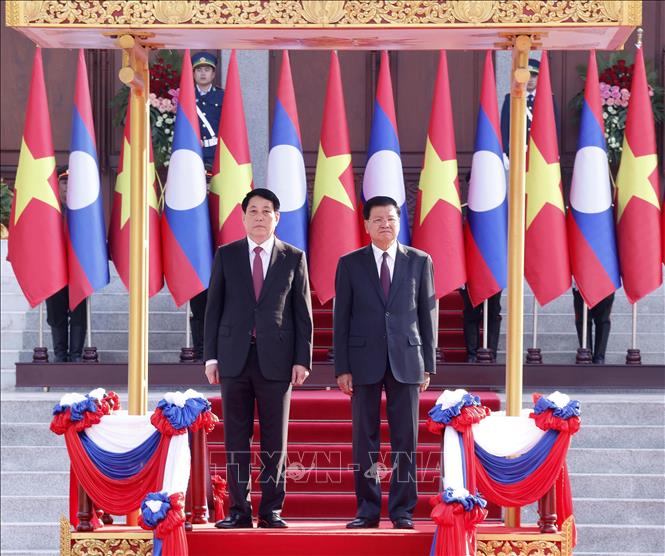




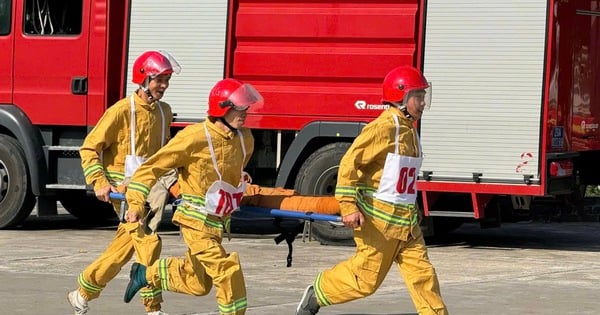




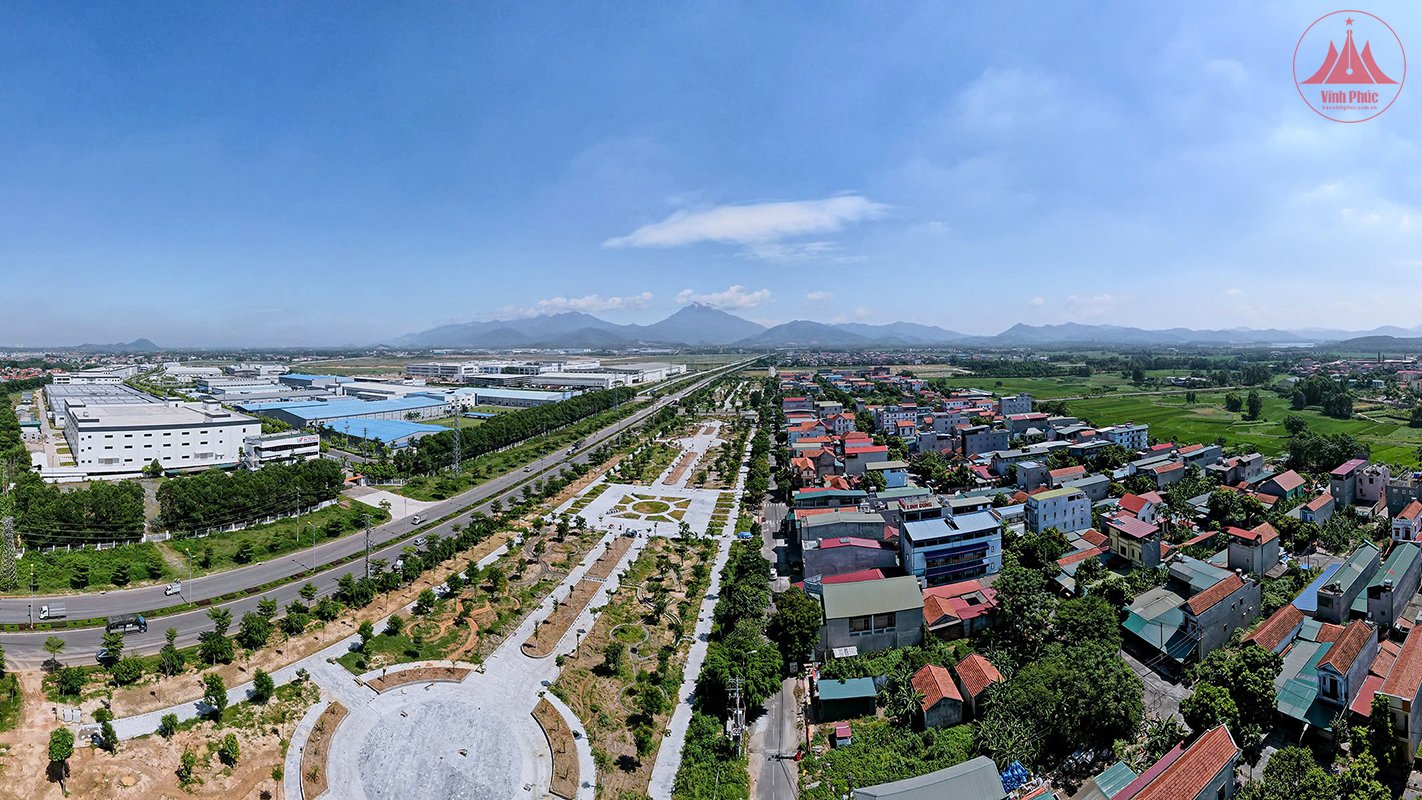


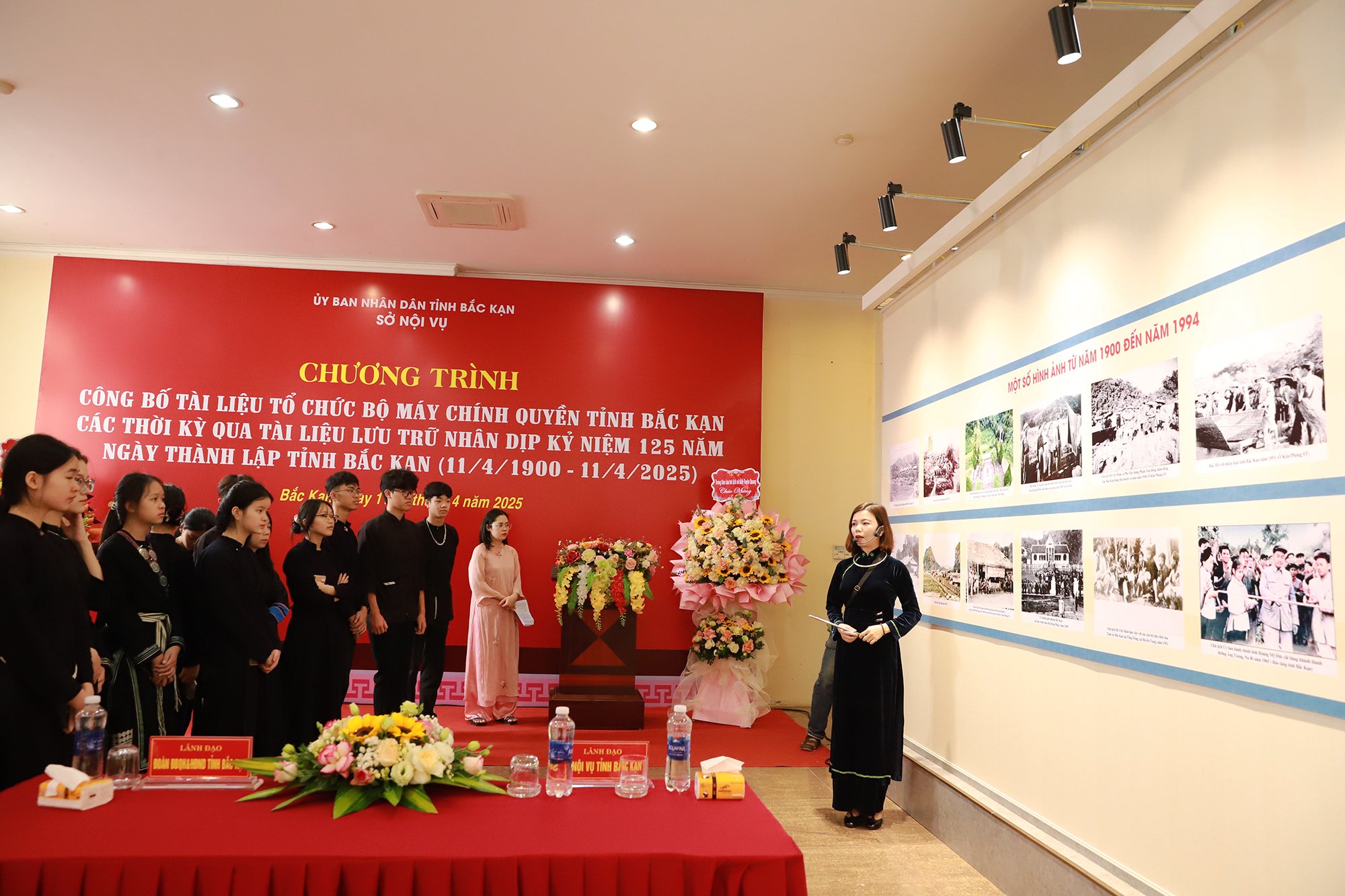








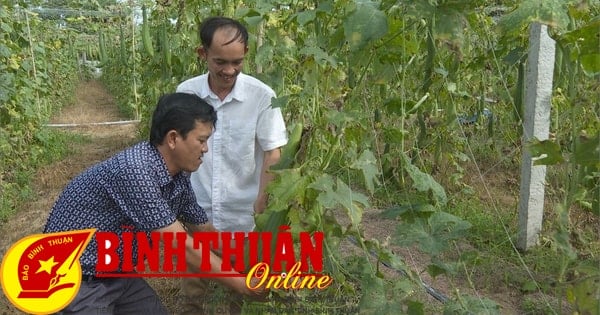





Comment (0)